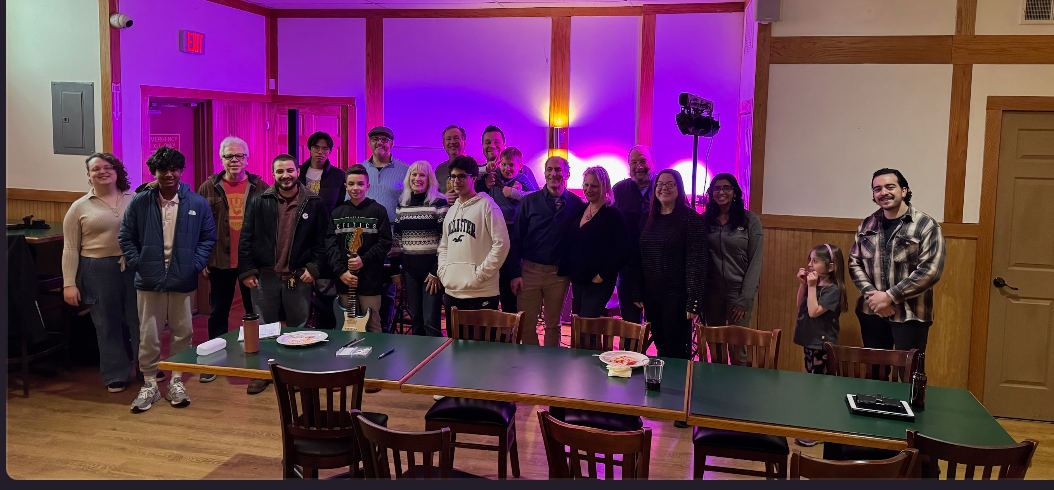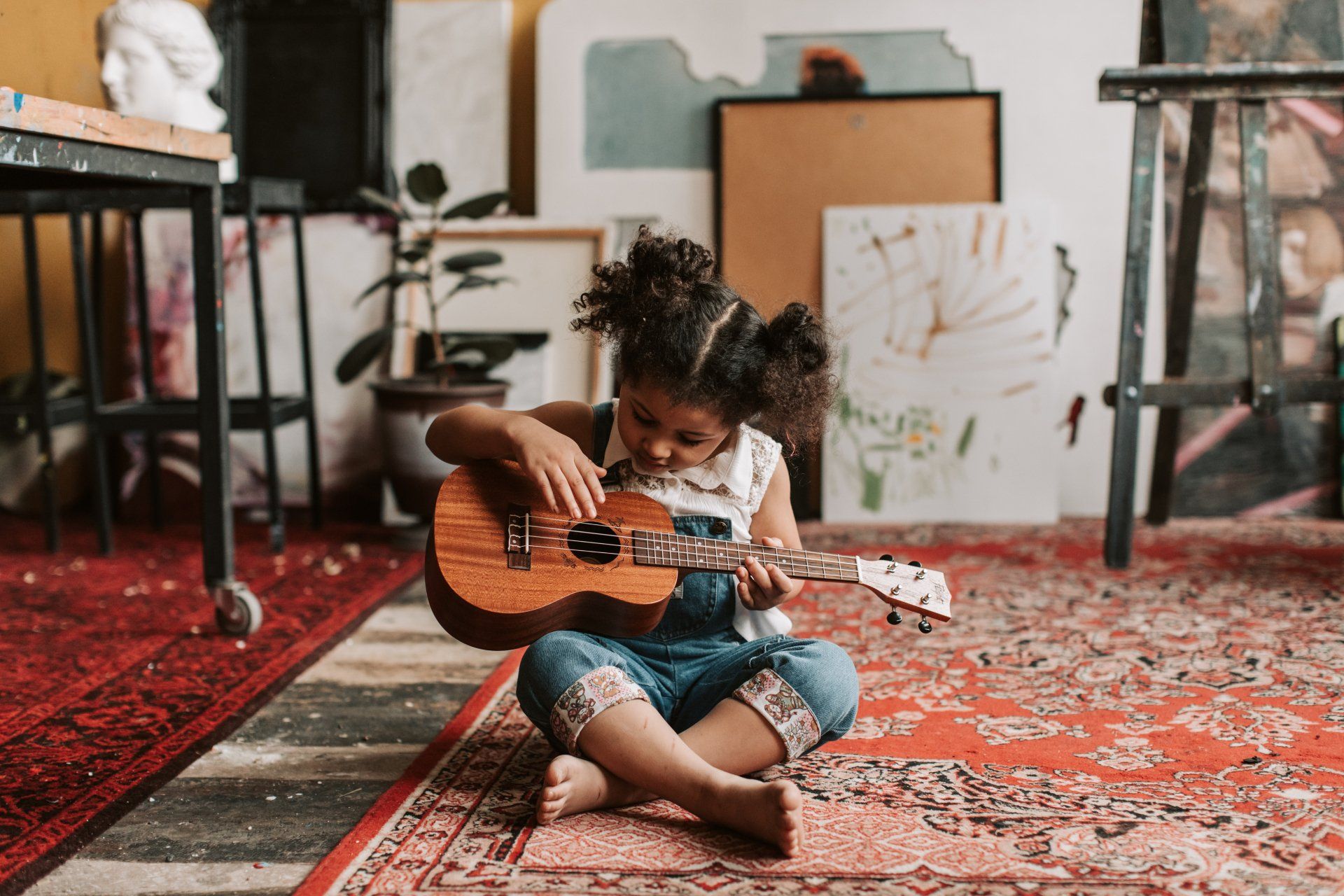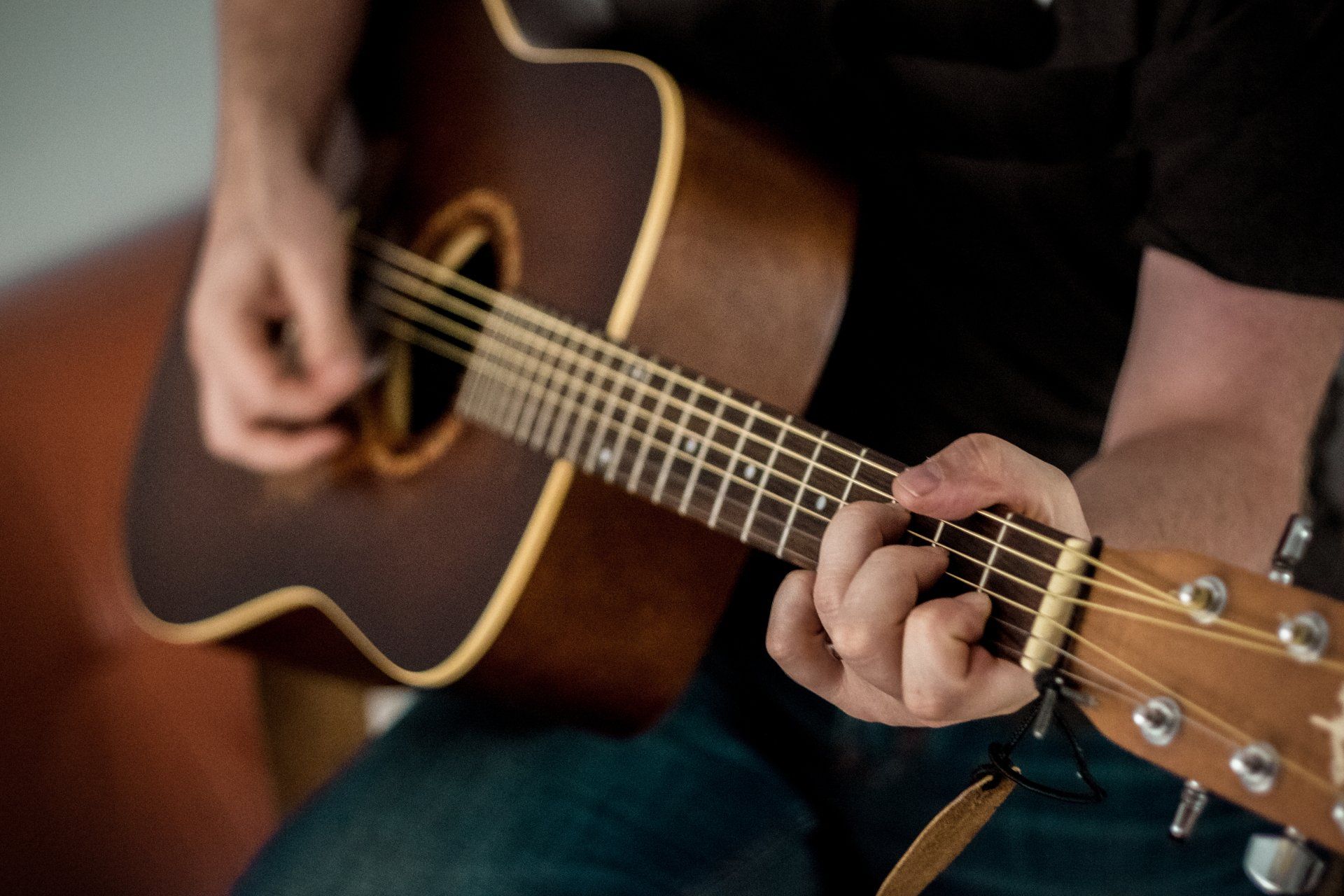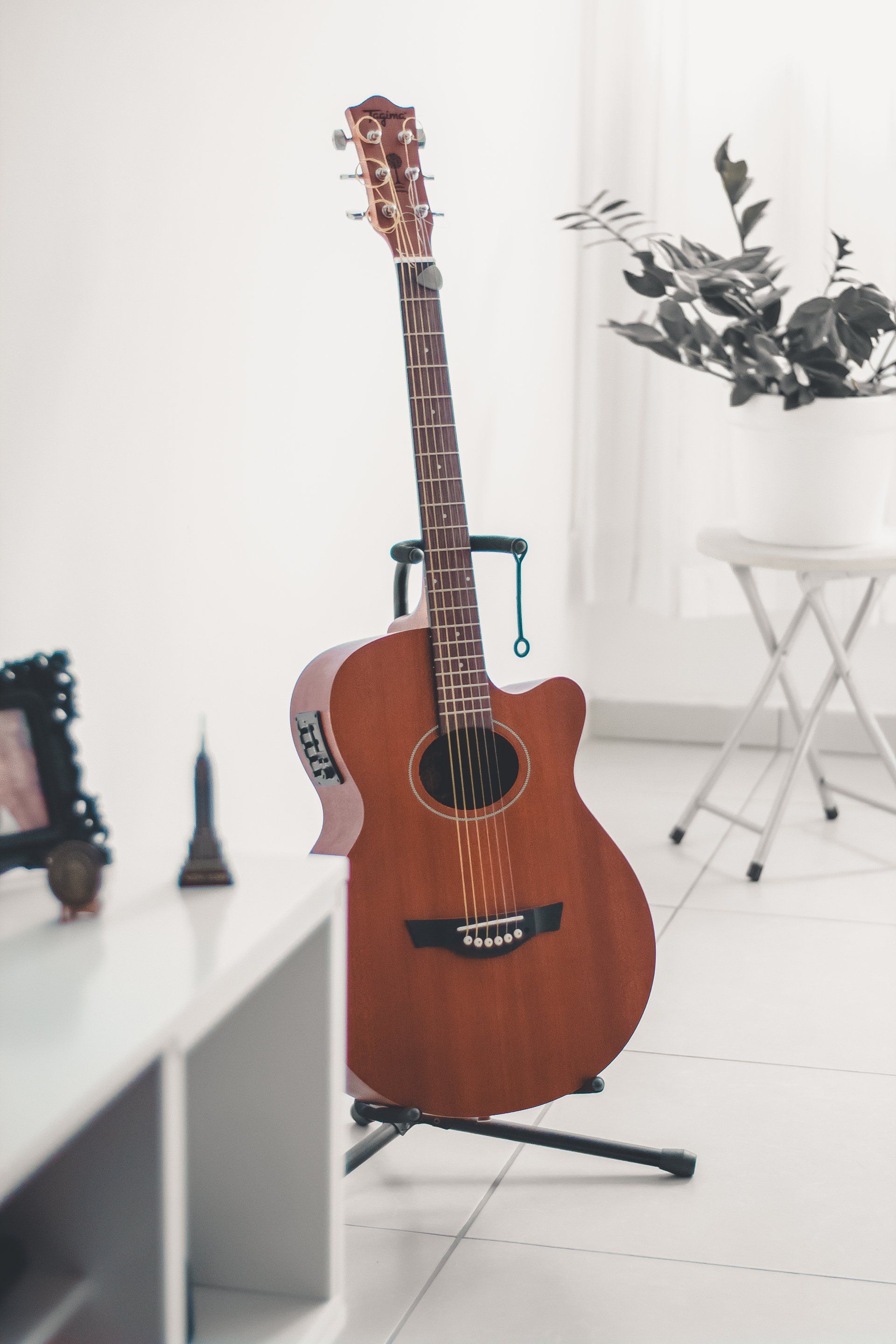How to get your kid to practice more
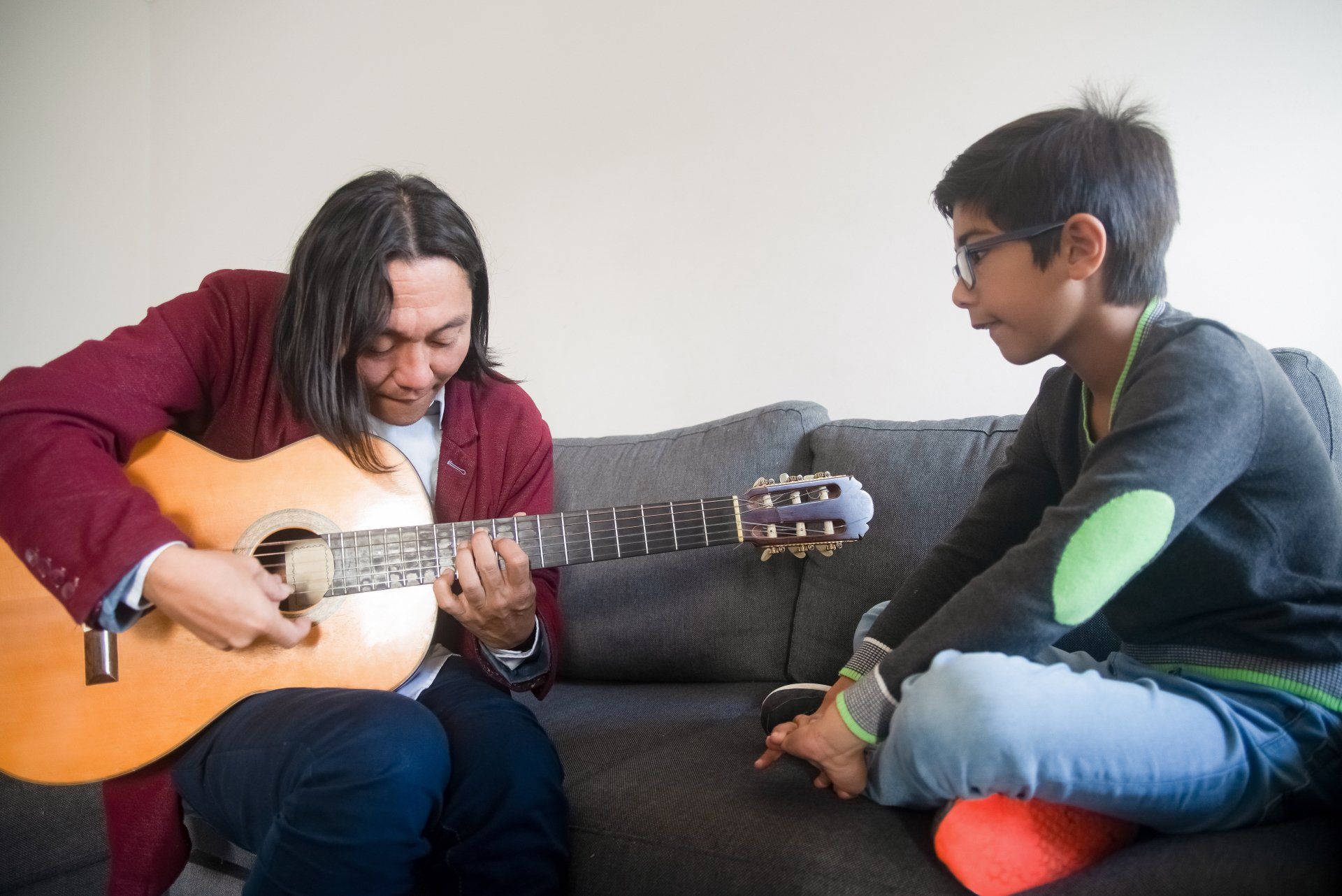
Are you having a difficult time getting your budding musician to pick up their instrument and
practice? Here’s a handful of tactics that have proven to be the most successful in my years as
a teacher. When parents employ these very simple ideas, their young learners grow more
quickly than those students whose parents “battle” their child on practice time.
1.
No loggerheads
Keep in mind: the way to win over anyone about anything is never to go head-to-head with
them. Before I suggest some tactics below, the #1 point is to never shame your young music
student and/or fight them about practice. This will only cause upset, resentment and a death
sentence for that poor guitar or sax in the corner that wants to be played.
2.
Lavish Praise
Be sure to give praise for even the smallest accomplishments. Musical potential can be given
life with a little praise. It helps learners of all ages to feel inspired to continue. Single out a
specific, small accomplishment and be genuine in what you say. Learners can absolutely tell the
difference between general, mindless flattery and actual, sincere praise.
3.
It’s a family affair
Do you have pots and pans? Good. Now you’re the band drummer. Smaller-radius items like
stainless steel travel coffee mugs make great cymbals! Have a home repair bucket around the
house? Excellent- your kick drum! It is so much fun to be silly and jump in making beats while
your burgeoning guitarist wails away. Schedule fun time. Let your youngster know that after 10
minutes of good, focused practice it’s time for family jam time! It only takes 2 minutes of fun to
make a memory last a lifetime. Several of my students and parents learn together in duo
lessons - and when the time is right (when good practice habits have manifested), they learn
separately.
4.
Stamps and rewards
This is old-fashioned and effective. You know your young learner best, and positive
reinforcement is a must. What are their favorite things? The answer is usually simple. Shared
activities, family time free of distraction and/or time with their friends. Maybe a music-related
reward to be redeemed when the student has practiced consistently. I have yet to meet a
student who doesn’t want to go to the local guitar shop and see all the beautiful guitars in
vibrant colors hanging from the walls.
Reward grit - it is through grit and persistence that talent is grown. Sticktoitiveness on its own
should be rewarded.
A simple chart on the fridge with stars - or if you really want to have fun, get some novel rubber
stamps from your local arts/crafts stores. There are a variety of music-symbol related stamps
available for purchase such as music notes, treble and bass clef, and beautiful guitar designs.
Grab and ink pad and let the young learner do the stamping on the practice chart. It’s fun!
5.
Give them a reputation as a musician
If you handed your child a paint or marker set, you wouldn’t dictate what they draw, would you?
You would offer the time, space and means to create. Once they drew their first creation, a
parent would praise the art, put it on the fridge, and say, “That’s great! I’m already excited to see
what our artist draws next!”. Soon you might let your child overhear you telling a friend or family
member about your young artist. Why is music any different? Why not offer the child the
opportunity to be ‘expert’ and show how to play a note, melody, or chord? Some of my most
successful students have parents that - quite soon after the lesson is over - ask to be shown
what was learned this week in the lesson. This can be as simple as, “how did your teacher show
you to hold your pick/guitar? Can you show me?”. Children
love
the opportunity to teach
parents! Take hold of this opportunity as soon as you can to see (and hear) real results.
6.
Immersion
Music is a culture. I have, first-hand, witnessed music’s role grow vastly in our society and
culture. Animation studios are spitting out family-oriented musicals with speed never-seen-
before thanks to increased consumer dollars and studio technology. Musicians - from classical
cellists to rock stars - are garnering more media attention than ever before and being seen as
experts, with some even offering affordable master-classes online.
With the availability of watching lessons anywhere, from any device, for any interest, in any
genre - music and musicians have gone from fairly marginalized, stuffy academics with an “are
you hip enough for me?” Vibe to a much warmer, welcoming lesson atmosphere for you.
The line between music listener and music student has become almost invisible.
Immerse yourself. Immerse your young learner. An entire world of music and culture is at your
fingertips - use this in a meaningful way - just as you would study a culture and language before
travel. Keep the spark of joy and interest alive through integrating music into your life in a three-
dimensional manner: thinking about it, listening to it, and practicing it.
